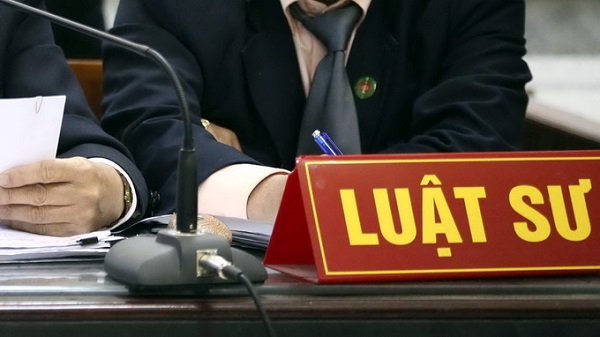A commercial dispute is a legal dispute in which one party to the dispute claims that another party has violated a contract. The aim of this article is to give an overview of Commercial Disputes, their causes and effects on business, and the way they can be handled effectively.
Contents
What is a Commercial Dispute?
A commercial dispute is a situation in which two or more parties are at odds, usually over a matter of money. Such disputes can be complex, and the parties involved may not always have the same interests.

The dispute is usually resolved by either paying the other party or canceling the agreement. The problem with this is that it usually takes months or even years before the matter is resolved and it’s very unlikely that both parties will get what they want in the end.
We should not think of commercial disputes as something that happens only in the courtroom. It is a problem that affects any business with multiple stakeholders, such as an enterprise or corporation.
Types of Commercial Disputes

Contract disputes
A contract dispute is when one party fails to honor its obligations under a contract. It can be for any reason. A contract dispute can arise from something as simple as not getting paid on time, or something as complex as failing to meet the terms of an agreement that has been made with another party.
We should understand that contract disputes are very complex and we need legal advice when dealing with them. They involve many different areas of law and require us to know about all these areas in order to understand what is going on in our business and make sure we don’t get into trouble if we get into one of these disputes ourselves.
Intellectual property disputes
Companies and organizations are facing a number of intellectual property disputes. These disputes often arise when they need to adapt their products to meet the requirements of a specific market. They also face lawsuits from people who want to use their products without paying for them.
Property disputes
The Property Disputes Act defines a property dispute as any dispute between two or more persons in respect of any property, and includes any action or proceeding in which the parties seek to enforce a right to possession of, or to control of, any property.
Property disputes are a very common problem in the real estate sector. A property dispute is a case in which one party is claiming ownership of a specific piece of land or property. The dispute is usually resolved by the courts.
Fiduciary duty disputes
This is a case study based on a legal dispute between two Fiduciary duties. The dispute was about the duty of fiduciaries to protect the interests of the beneficiaries.
Fiduciary duty is a legal term that means the obligation to act in accordance with the law, regardless of any personal interests. The role of a fiduciary is to make sure that their client’s interests are protected. Fiduciaries are responsible for making sure that their clients’ interests are protected and the company is not liable for any loss or damage caused by them.
Lease disputes
A lease dispute is a disagreement between the landlord and the tenant. It can be a matter of money, but can also be more complex. The dispute can be resolved by an agreement between the parties or through court proceedings. In some cases, it may not be possible for one party to reach an agreement with another. In these cases, a mediator will need to help both parties reach an agreement that suits both of them.
How to resolve commercial disputes?
Negotiate
Negotiation is a method of dispute resolution based on agreement, self-mediation and dispute resolution between parties without the intervention of a third party. The method of dispute settlement by negotiation is also not legally binding or to any order or procedure for dispute settlement.
Mediation
Mediation is a process that takes place outside of the legal system between parties in a commercial dispute. It should be noted that while mediation may be authorized during litigation to resolve a dispute, mediation can also occur between two private parties without any court authorization.

In mediation, the two parties involved in the dispute will jointly attempt to resolve the dispute with the help of a mediator, who is a neutral third party responsible for facilitating discussion and resolution.
Litigation
If a commercial enterprise has a dispute with another commercial enterprise during the performance of a contract, that enterprise may choose to take the other party to court. The process of dispute settlement by litigation at the Court is recorded by judgments and decisions in the name of law. However, litigation can be extremely expensive for both parties involved.
Arbitration
Arbitration is one of the common forms used in commercial disputes. This form is suitable for parties who do not want to spend too much time and money related to litigation.

In arbitration, both parties will proceed to present their side of the case to a neutral third party, known as an arbitrator. After the arbitrator has listened to both parties’ presentations and reviewed the evidence, he or she will ultimately make a binding decision. For the arbitration to be transparent, both parties must agree to the terms of the arbitration
Conclusion
No business wants to get involved in a commercial dispute. However, there is still the possibility that commercial disputes will arise during the operation of the business. Therefore, it is essential to understand clearly about commercial disputes and how to resolve them. Contact LTS LAW for advice!



